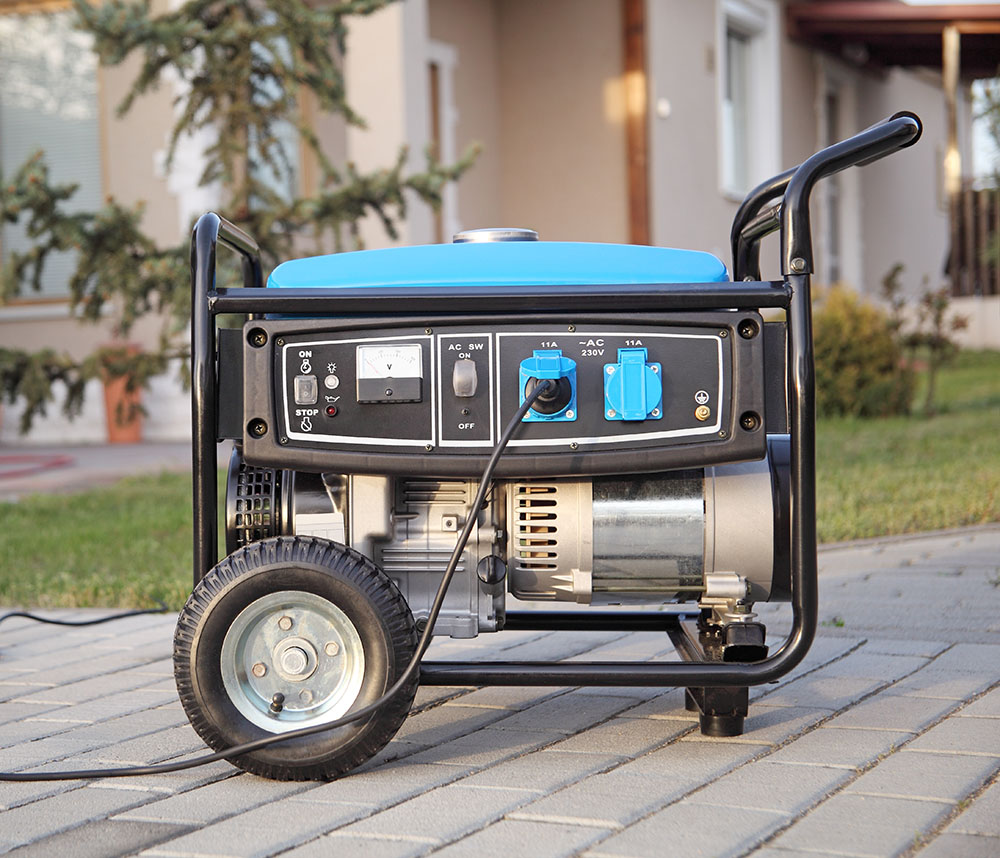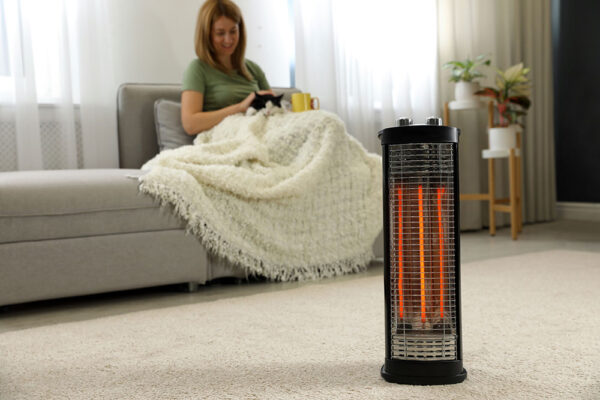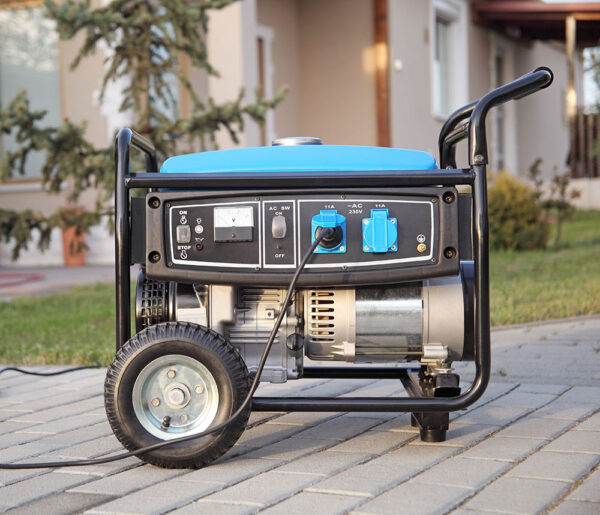Nothing can ruin a busy day like having your power go out, especially at night, and you have tons of work with deadlines to meet. Most of the time, power outages tend to occur at the most inopportune moments. This makes you wonder what better alternative energy source to have around as a backup. Well, emergency generators are an excellent option to consider. These machines can save the day should your power go out when you need it the most.
Our team aims to provide you with tips and tricks to consider when using emergency generators to ensure both safety and efficiency.
Here Are Our Tips for Using Emergency Generators
Keep the Generator Away from Your House
Generators, being an internal combustion engine, also produce a significant amount of carbon monoxide, a poisonous gas. So, in as much as having an emergency generator may be the best thing to have around, you should keep it as far away from your home as possible. When inhaled, carbon monoxide can cause you to blackout or die in some cases from carbon monoxide poisoning. This is, however, very easy to avoid. Don’t run the generator in your porch or garage. Try to keep it at least 10 feet away from your home.
Buy A Standby Generator If Possible
Standby generators, unlike the portable generators, are permanently connected to the electrical system. They, therefore, go on automatically power goes out. The only downside is that they fetch very high prices. They can run on natural gas or propane. So, there is no need always to monitor the fuel. Plus, they are relatively quieter compared to portable generators.
Propane Is Better Than Gas
Liquid propane beats gasoline by a mile when it comes to ease of use in portable generators. Gasoline is a handy fuel. However, it comes with its fair share of baggage which you can solve by using propane-powered portable generators.
First, you must get enough gasoline in storage to get you through the power outage times. Then you must find a safe place to store them and add stabilizer to it. You also need to replace gasoline gas after every few months to ensure that you only use good gasoline. Propane, however, never goes bad. Thus, you can use it indefinitely. Refueling propane is also safe and straightforward. You simply replace the depleted propane tank with another one. You also won’t need to worry about old gasoline gumming up the carburetor on your generator.
Shop for Generators That You Can Service Locally
In as much as there may be great deals to shop for online, it is vital that you only buy the ones that you can get serviced locally. Sometimes, spending a few extra bucks to purchase from a local dealer is the better option as parts will be available. Plus, the dealer is also familiar with the maintenance and repair procedures needed for your model. So, only go for the generators that you are sure someone nearby can help you find the parts for it and service it too when necessary.
Don’t Use Old Fuel on Generators
Old, stale fuel is your worst enemy and is the primary cause of most generators starting problems. Most manufacturers advise that you add fuel stabilizer to your gas to minimize fuel breakdown and gum buildup. But this also isn’t a guarantee against problems. If possible, try always to empty the fuel tank and carburetor after the engine has cooled. Always use fresh, stabilized fuel in your generator for it to function efficiently.
Lock It Down
What’s worse than having a loud generator keep you up at night is having someone steal it in the middle of the night. You must, therefore, ensure that you provide enough electrical safety and security for your generator. If possible, secure it in a space underground that you can lock and secure with chains as well.
Generally, if used properly, a good generator can serve you for many years illuminating your house every time you have power outages.





